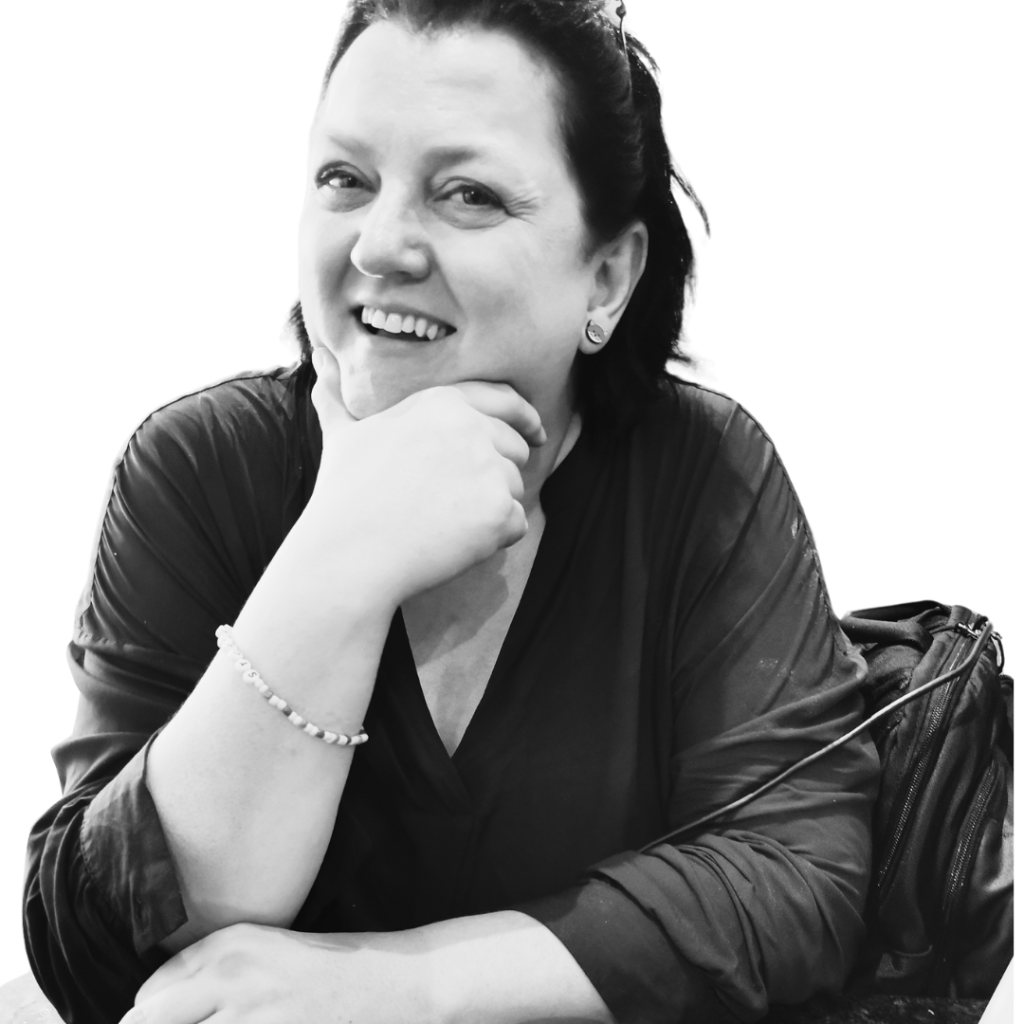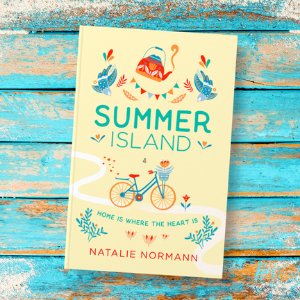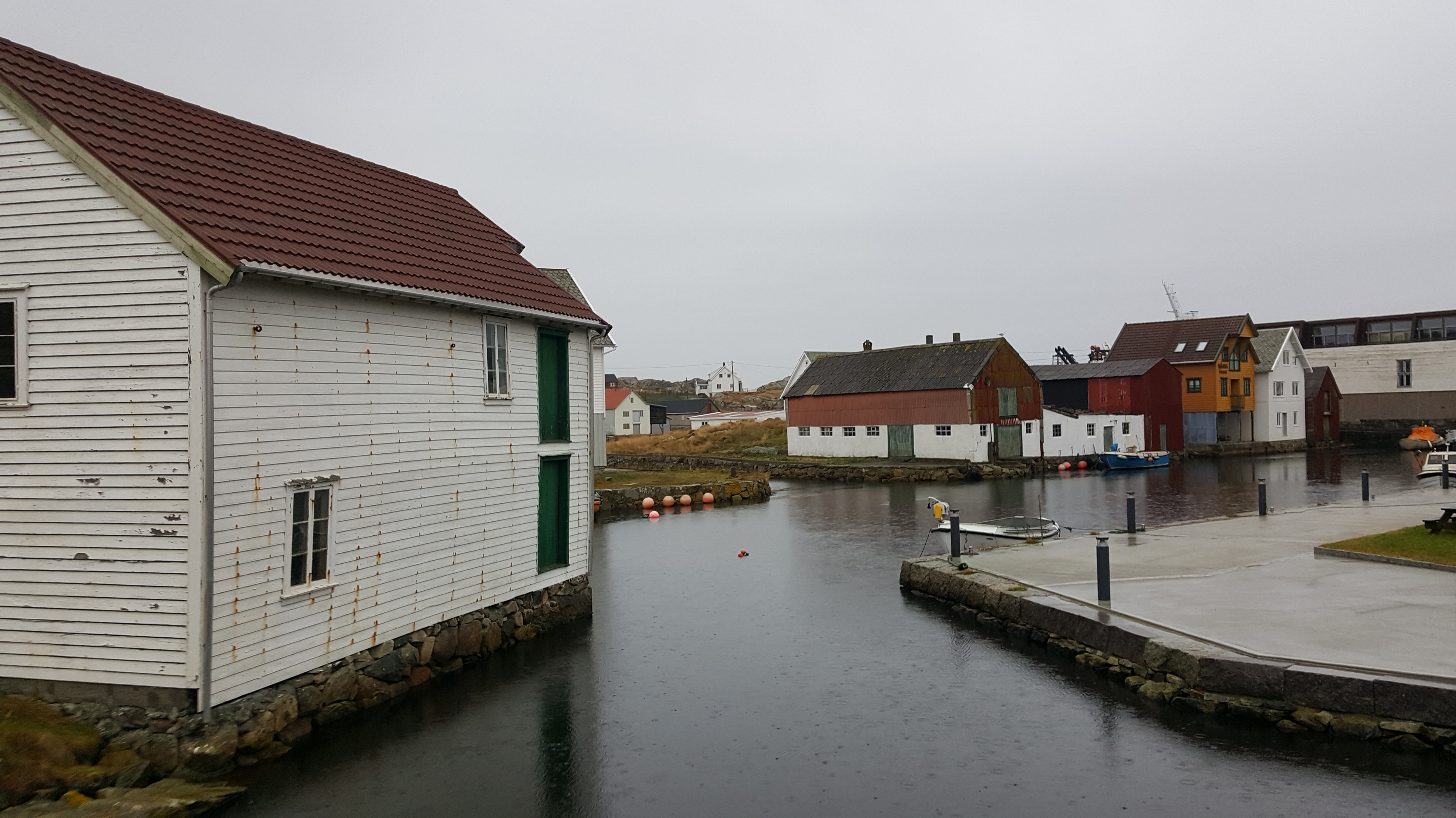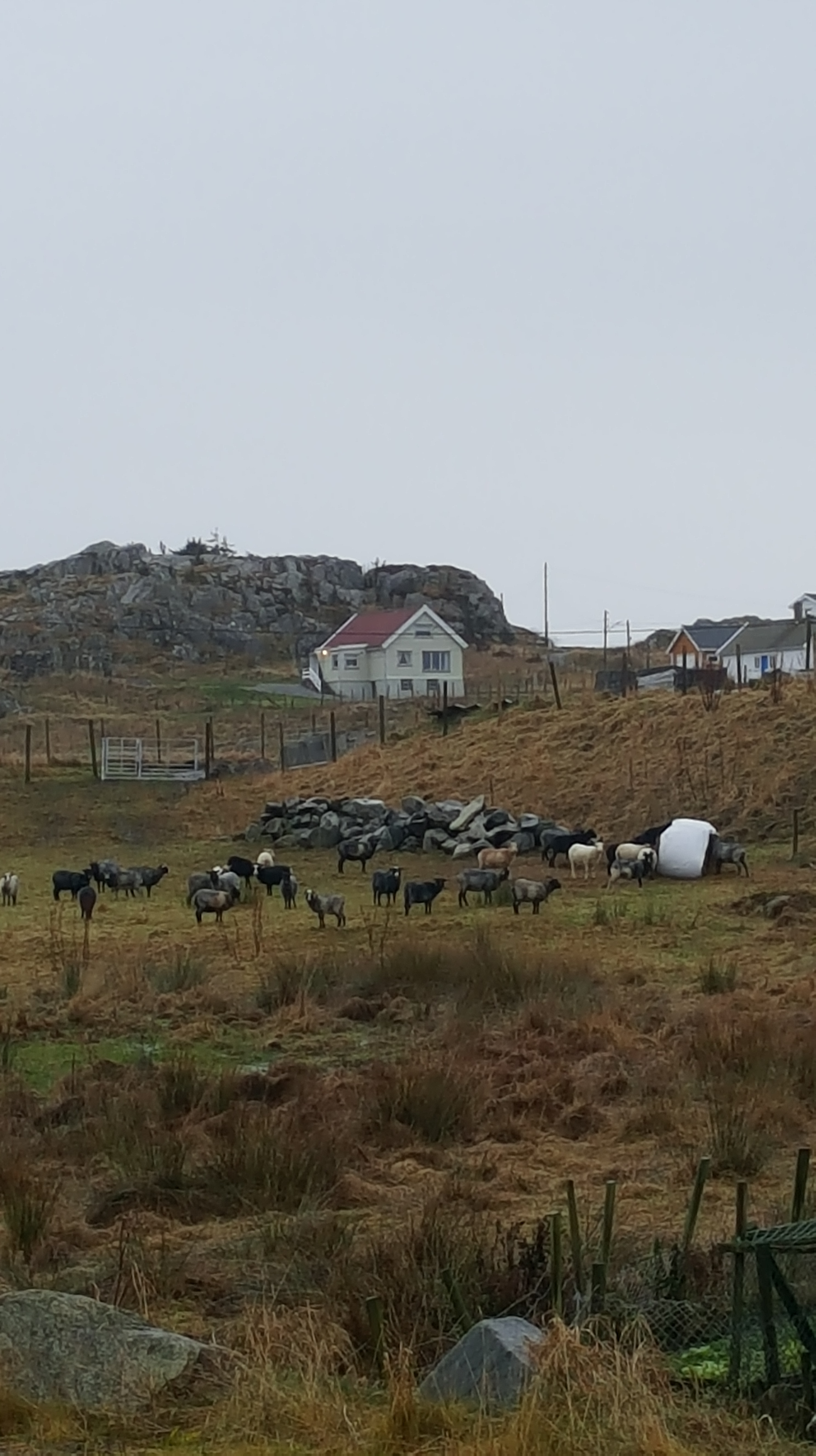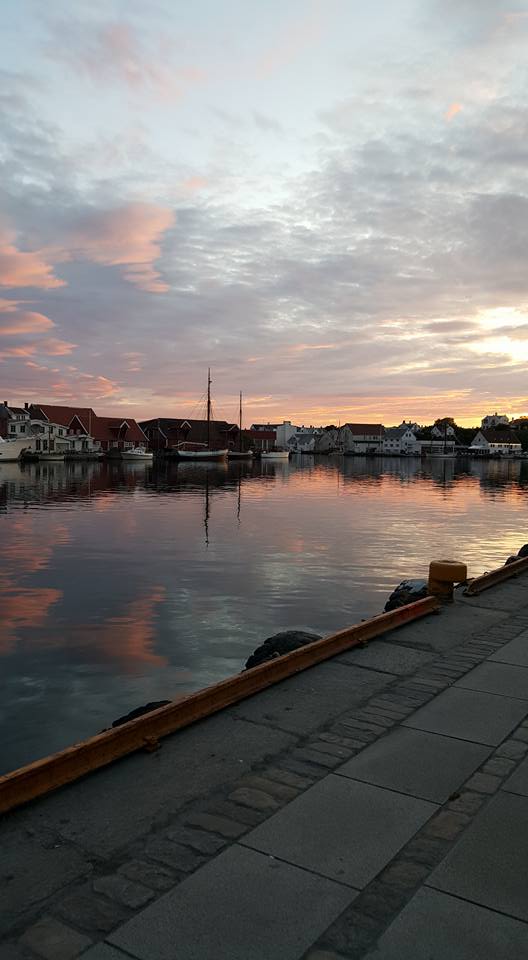Another week, another author to introduce to you from my friendly writing group.
Meet Georgia Hill, a prolific women’s fiction author, who writes uplifting stories and is published by Bloodhound Books. I haven’t read Georgia’s books yet, but uplifting sounds good: just what we need in this gloomy climate. “Romances to escape with”.
I am intrigued by the heroine of her new book: New Beginnings at Lullbury Bay

Daisy is a florist and she’s learning about the meaning of flowers from Mia. Love this! What would Mia make of the bouquet I have in my sitting room at the moment? Sent to me by my own publisher last week.

Anyway, over to Georgia and her excerpt.
Huge thanks to the lovely Angela for having me on her blog. I’ve read the extracts from her previous guests with interest and now have an enormous To Be Read Pile!
Here’s mine from my newest book, New Beginnings at Lullbury Bay:
“Mia warmed to her theme. ‘It was literally a language. Even how the ribbon was tied was symbolic; to the left meant the message was about the sender, to the right it was about the person receiving it. An upside-down stem meant the opposite of the bouquet’s message and if you left thorns on the roses it said there was everything to fear. It was all amazingly complicated and subtle. Pretty cool, eh? And the Victorians would have known all the meanings, right down to the teeny tiniest nuance.’ There was a stunned silence. She gazed at the two bemused faces staring at her. ‘What? Oh my eggs, Daisy, didn’t you know flowers had meanings?’”
Georgia, why did you choose the excerpt above?
A contemporary romance set in a seaside florists, the book’s subplot concerns the mysterious ‘Walter’ who has requested a bouquet be delivered to an empty house every month over the summer. It causes great excitement especially when Mia, an expert on the Victorian language of flowers, explains those chosen have special meanings and that they tell the tale of a tender love story. I had great fun researching what flowers meant something appropriate and which were in season at the right time!
This sounds really intriguing. I will have to read it to find who Walter is. And why he’s sending flowers. I love a mystery. Thank you, Georgia, for your intriguing excerpt. I know it’s not easy to convey the feel of a book in very few words but you have me hooked.

About Georgia
Georgia Hill writes warm-hearted and up-lifting contemporary and dual narrative romances about love, the power and joy in being an eccentric oldie and finding yourself and your community. There’s always a dog. It’s usually a naughty spaniel of which, unfortunately, she has had much experience. She lives near the sea with her beloved dogs and husband (also beloved) and loves the books of Jane Austen, collecting elephants, and Strictly Come Dancing. She’s also a complete museum geek and finds inspiration for her books in the folklore and history of the many places in which she’s lived. She’s worked in the theatre, for a charity and as a teacher and educational consultant before finally acknowledging that making things up was what she really wanted to do. She’s been happily creating believable heroines, intriguing men, and page-turning stories ever since.
Reading Georgia’s bio, I suddenly had a vision of a house full of elephants. I hope they are not real, Georgia! It’s been great to chat today. Many thanks.
Twitter/X @georgiawrites
Facebook https://www.facebook.com/georgiahillauthor
Website www.georgiahill.co.uk
Her latest book, New Beginnings at Lullbury Bay, is now out and you can purchase it by clicking on that link.



















